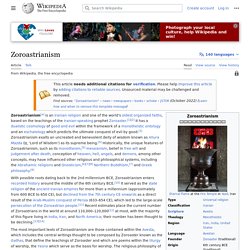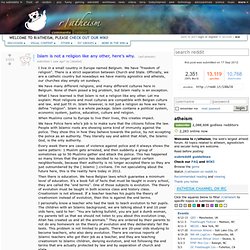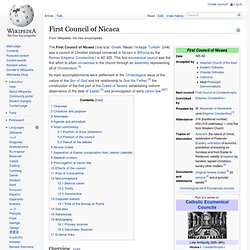

Zoroastrianism. Religion ascribed to the teachings of Zoroaster With possible roots dating back to the Second Millennium BCE, Zoroastrianism enters written history in the 5th century BCE.[13] It served as the state religion of the ancient Iranian empires for more than a millennium, from around 600 BCE to 650 CE, but declined from the 7th century CE onwards following the Muslim conquest of Persia of 633–654 and subsequent persecution of the Zoroastrian people.

Recent estimates place the current number of Zoroastrians at around 110,000–120,000[15] at most, with the majority living in India, Iran, and North America; their number has been thought to be declining.[16][17] The most important texts of the religion are those contained within the Avesta, which includes as central the writings of Zoroaster known as the Gathas, poems within the Yasna that define the teachings of the Zoroaster, the main worship service of Zoroastrianism. Terminology Overview Theology Practices History Classical antiquity Late antiquity. Zen. Zen is a school of Mahayana Buddhism[note 1] that developed in China during the Tang dynasty as Chán.

From China, Zen spread south to Vietnam, northeast to Korea and east to Japan. Zen emphasizes rigorous meditation-practice, insight into Buddha-nature, and the personal expression of this insight in daily life, especially for the benefit of others. As such, it deemphasizes mere knowledge of sutras and doctrine and favors direct understanding through zazen and interaction with an accomplished teacher. The teachings of Zen include various sources of Mahāyāna thought, especially Yogācāra, the Tathāgatagarbha Sutras and Huayan, with their emphasis on Buddha-nature, totality, and the Bodhisattva-ideal. The Prajñāpāramitā literature and, to a lesser extent, Madhyamaka have also been influential in the shaping of the "paradoxical language" of the Zen-tradition.
Etymology[edit] Zen practice[edit] Dhyana - Zen meditation[edit] Central to Zen is the practice of dhyana or meditation. Lay services[edit] Islam is not a religion like any other, here's why. : atheism. I live in a small country in Europe named Belgium.

We have "freedom of religion". There is a strict separation between Church and State. Officially, we are a catholic country but nowadays we have mainly agnostics and atheists, our churches stay empty on sundays. We have many different religions, and many different cultures here in Belgium. None of them posed a big problem, but Islam really is an exception. What I have learned is that Islam is not a religion like any other. When Muslims come to Europe to live their lives, this creates impact. We have Police here who's job is to make sure that the citizens follow the law. Every week there are cases of violence against police and it always shows the same pattern: 1 Muslim gets arrested, and then suddenly a group of sometimes up to 50 Muslims gather and attack the police. Then there is education.
I personally know a teacher who had the task to teach evolution to her pupils. Then there is the problem of food. Now economy. Justice. First Council of Nicaea. The First Council of Nicaea (/naɪ'si:ə/; Greek: Νίκαια /'ni:kaɪja/ Turkish: Iznik) was a council of Christian bishops convened in Nicaea in Bithynia by the Roman Emperor Constantine I in AD 325.

This first ecumenical council was the first effort to attain consensus in the church through an assembly representing all of Christendom.[5] Its main accomplishments were settlement of the Christological issue of the nature of the Son of God and his relationship to God the Father,[3] the construction of the first part of the Creed of Nicaea, establishing uniform observance of the date of Easter,[6] and promulgation of early canon law.[4][7] Overview[edit] Eastern Orthodox icon depicting the First Council of Nicaea The First Council of Nicaea was the first ecumenical council of the Church. Another result of the council was an agreement on when to celebrate Easter, the most important feast of the ecclesiastical calendar, decreed in an epistle to the Church of Alexandria in which is simply stated: